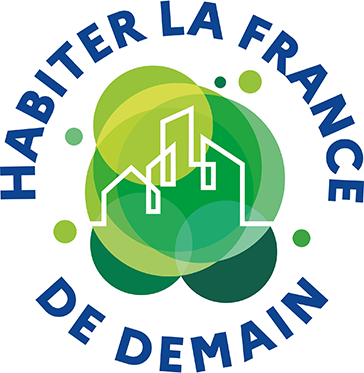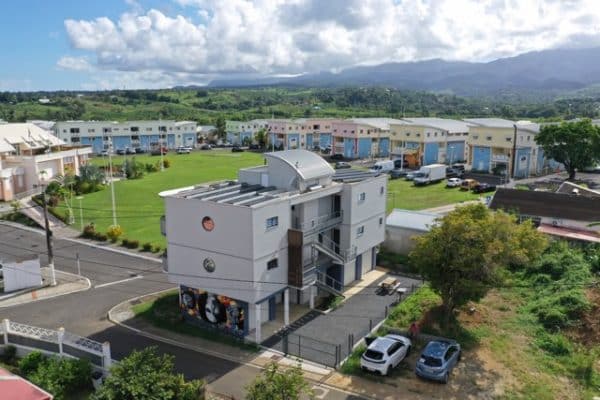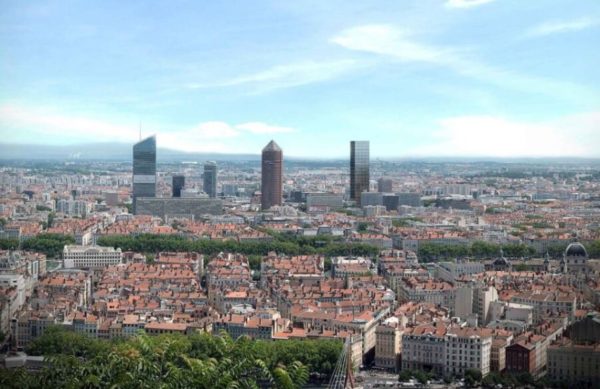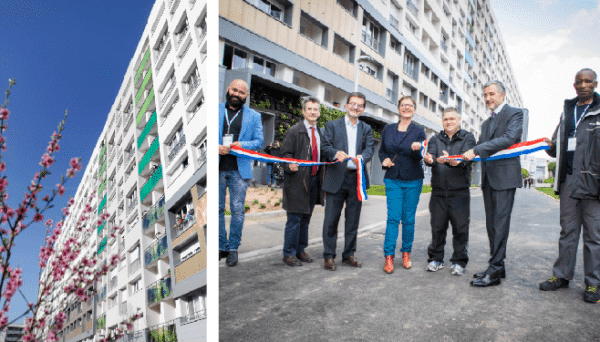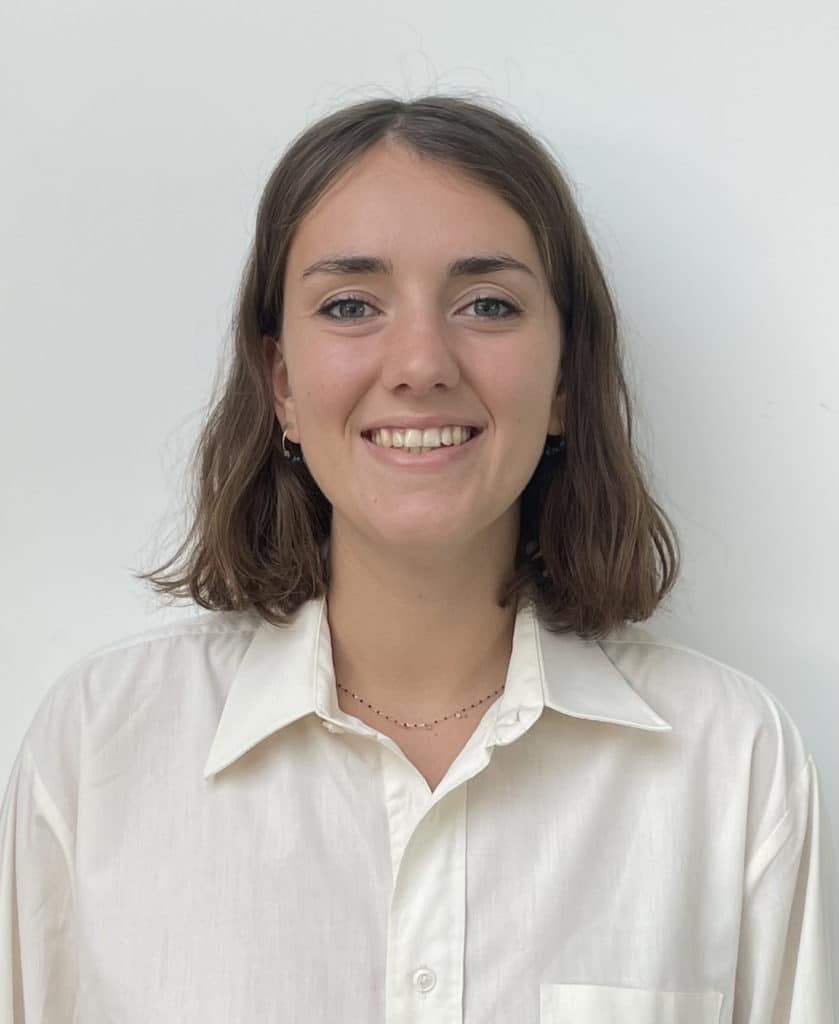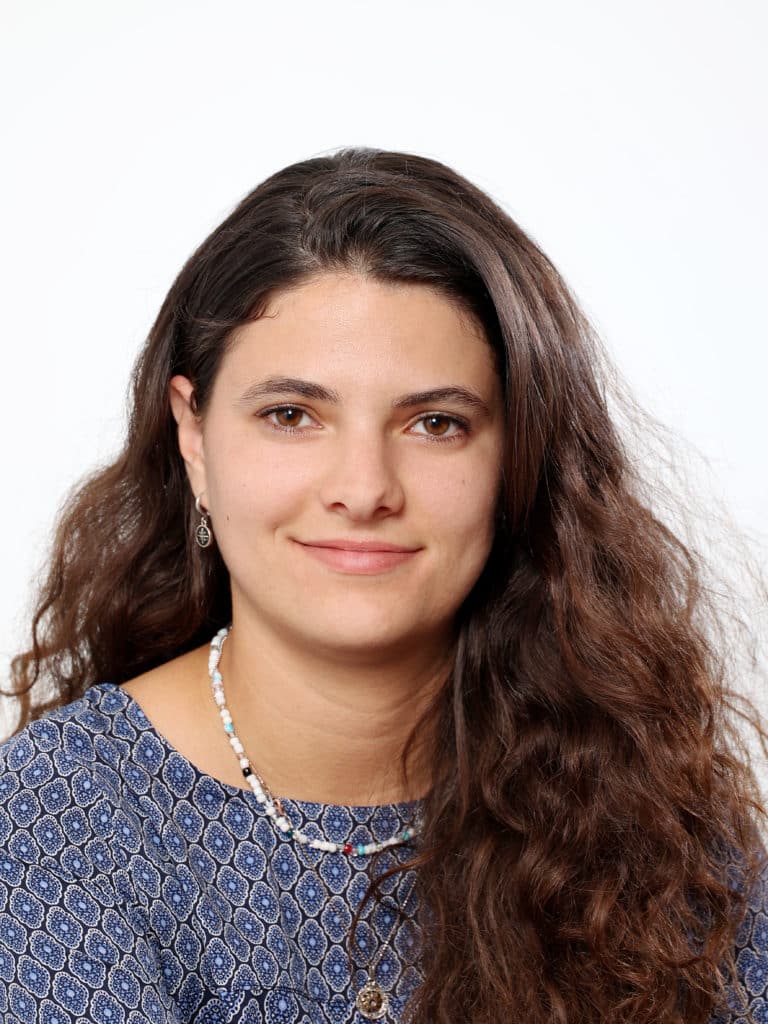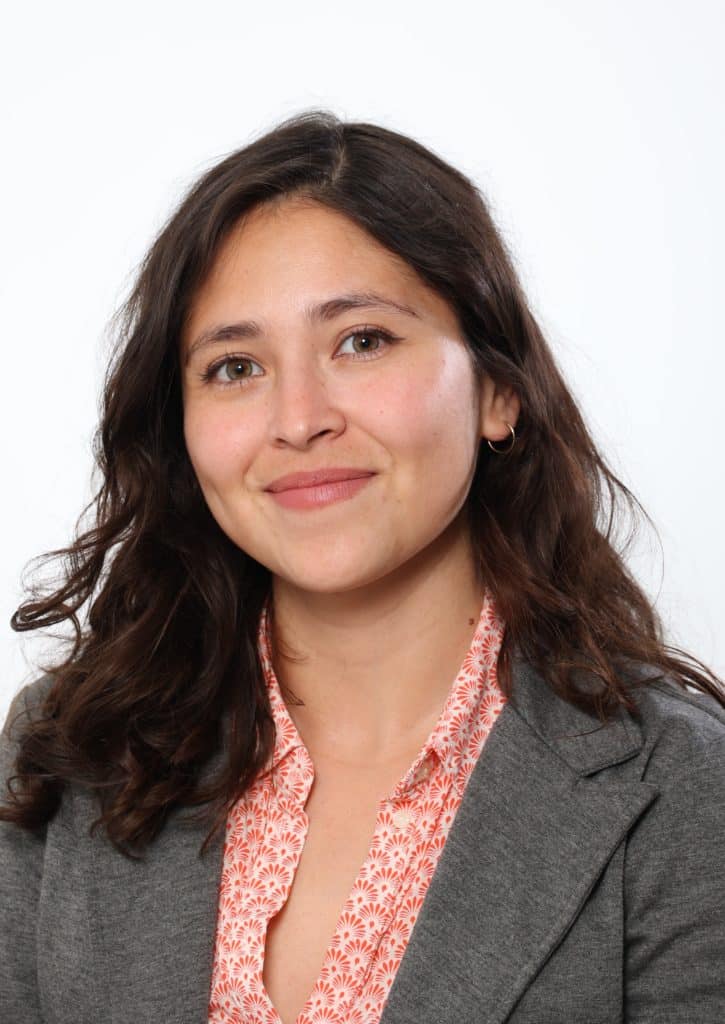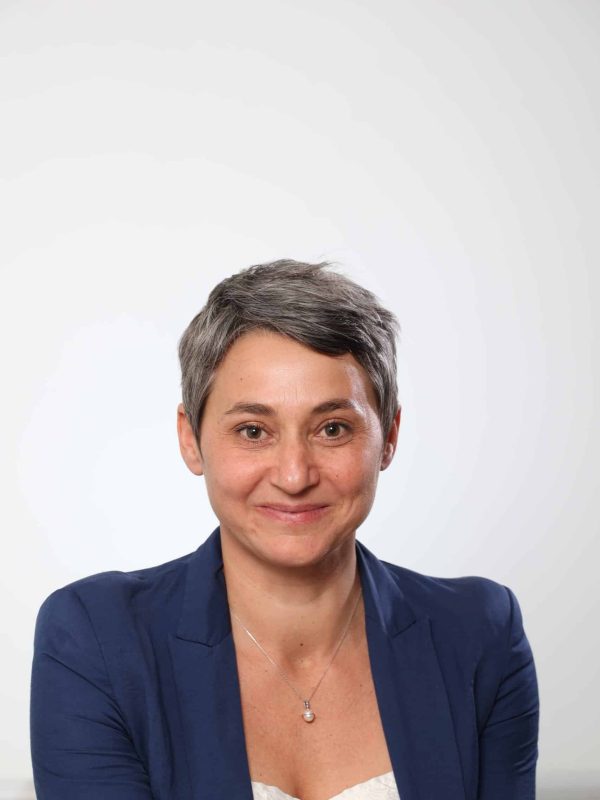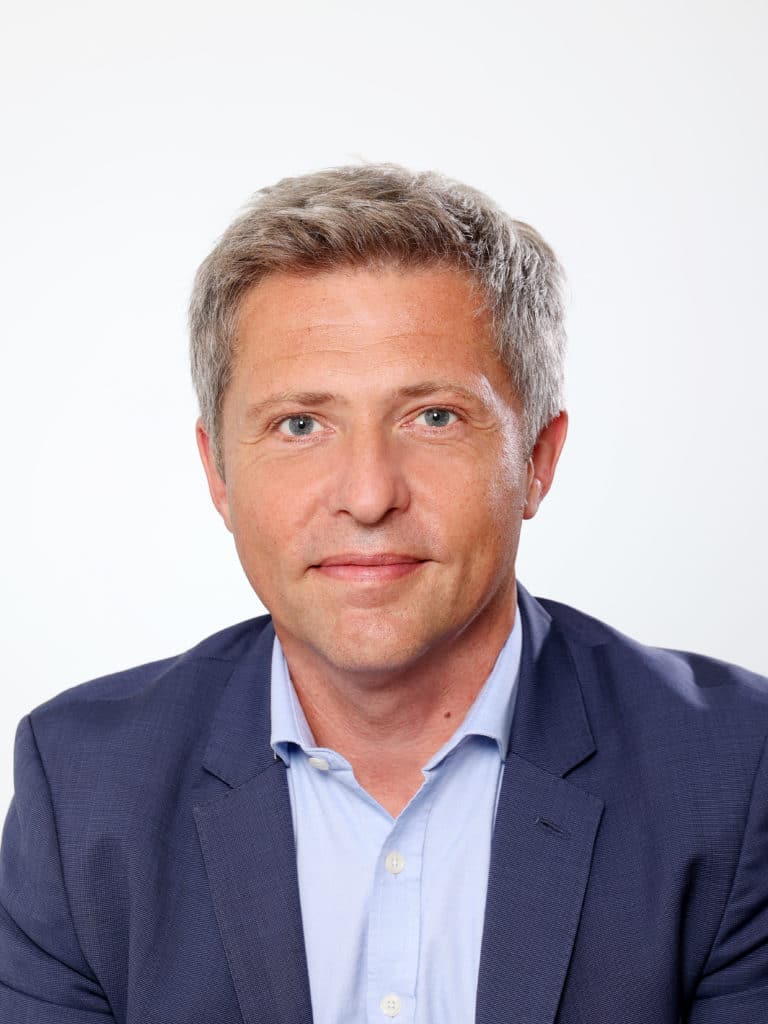Résidence Universitaire Bertelotte
Une réalisation proposée par Construction 21
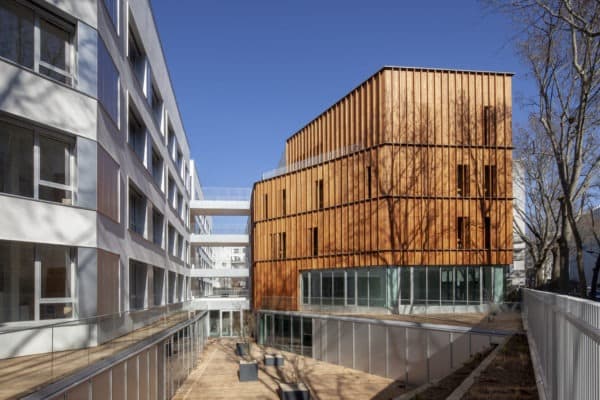
Contributeur
Descriptif
Les équipes de Bouygues Bâtiment Ile-De-France - Habitat Social ont réalisé les travaux de réhabilitation de 4 400m² de bureaux afin de les transformer en une résidence pour étudiants de 139 chambres, au 28 rue du Colonel Pierre Avia dans le 15ème arrondissement de Paris.
La résidence étudiante « Bertelotte », imaginée par l’agence d’architecte NZI ARCHITECTES pour le compte de Paris Habitat, est une référence innovante en matière d’isolation à haute performance thermique. Ses façades sont composées de panneaux préfabriqués en bois avec une isolation biosourcée en paille provenant d’Île-de-France. Leur utilisation permet le développement d’une filière sèche et écologique et une bonne isolation via un matériau naturel et performant.
L’usage de caissons en bois remplis de bottes de paille compressées est un mode constructif précurseur et respectueux de l’environnement.
La paille favorise une consommation énergétique très basse en hiver et un confort en été. Ce matériau s’avère également abondant et écologique en rejetant très peu de composés organiques volatiles (COV). Recycler un immeuble, ou plutôt, ne pas avoir à tout détruire pour tout reconstruire. C’est ce que l’on appelle la réversibilité. Le projet P15 Avia illustre parfaitement ce besoin à l'heure où la pénurie de logements se fait ressentir et où le parc de bureaux obsolètes tend à s’accroître. Les équipes de Bouygues Bâtiment Ile-de-France l’ont bien compris et travaillent sur de nombreux projets réversibles pour progresser vers une ville mutable. Construire réversible, c’est construire durable. Et encore plus lorsque le bâtiment en question utilise des matériaux bas carbone tels que le bois et la paille !
- Rénovation / Réhabilitation
- Matériaux
- Bâtiment
Fiche d'identité
- Métropole
Distinctions
Médias
Évaluation du projet*
sur la base du déclaratif du contributeur
Critère n°1 : SOBRIÉTÉ
En réhabilitant un bâtiment de 4400m² bureaux obsolètes afin de l’adapter aux besoins contemporains (résidence étudiante), ce projet ne produit aucune artificialisation des sols et tire le meilleur parti de l’existant.
L’architecte a en outre choisi de réemployer les sous-sols pour créer un véritable « rez-de-jardin » en démolissant une partie de celui-ci. Cela génère une vraie cour de vie collective, autour de laquelle viennent se concentrer tous les espaces communs des étudiants.
Les façades du bâtiment sont composées de panneaux préfabriqués en bois avec une isolation biosourcée en paille provenant d’Île-de-France. Leur utilisation permet le développement d’une filière sèche et écologique et une bonne isolation via un matériau naturel et performant.
L’usage de caissons en bois remplis de bottes de paille compressées est un mode constructif précurseur et respectueux de l’environnement, déployé sur une surface de mur de 3125m².
L’utilisation de ces matériaux représente une réduction de l’empreinte carbone de 125 T CO² par rapport à une construction classique.
La résidence est une référence innovante en matière d’isolation à haute performance thermique. La paille favorise une consommation énergétique très basse en hiver et un confort en été. En attestent les labels et certifications obtenus : CERQUAL Patrimoine Habitat et Environnement Millésime, Plan Climat Ville de Paris et Label BBC Effinergie.
NC
Critère n°2 : INCLUSION
NC
Ce projet favorise la mixité sociale en remplaçant transformant un immeuble de bureaux obsolète par des logements étudiants au cœur de Paris.
Cette résidence collective gérée par l’Habitation confortable (filiale de l’OPH Paris Habitat) et le Crous est destinée aux étudiants qui constituent des populations vulnérables, et qui peuvent alors bénéficier d’un logement dans Paris intramuros.
NC
Critère n°3 : RÉSILIENCE
NC
NC
Critère n°4 : CRÉATIVITÉ
Dans le cadre de WeWood, nous mettons toute l’intelligence de Bouygues Construction sur l’ensemble de sa chaîne de valeur au service de la construction bois et nous nous inscrivons dans une démarche globale de la promotion de la construction bois auprès des acteurs de la filière et des pouvoirs publics. WeWood, c’est une ambition forte ; celle de construire d’ici 10 ans 30% de nos opérations en bois. Ce projet participe donc au développement de la filière bois et à la montée en compétence de l’ensemble des acteurs locaux sur ce mode constructif bois-paille.
NC
Critère n°5 : POTENTIEL DE RÉPLICABILITÉ
La construction bas carbone bois-paille fait l’objet de retours d’expérience systématique chez Bouygues Construction en vue de sa réplicabilité dans le cadre de WeWood. Avec WeWood, Bouygues Bâtiment Ile-de-France inscrit la construction bois et biosourcée au cœur de sa stratégie. Favoriser le bois dans nos réalisations participe à réduire l’empreinte carbone de notre activité et à offrir des bâtiments plus vertueux avec un meilleur confort de vie. Le projet de la résidence universitaire Bertelotte s’inscrit dans cette stratégie de réplicabilité plus large des modes constructifs bas carbone.

